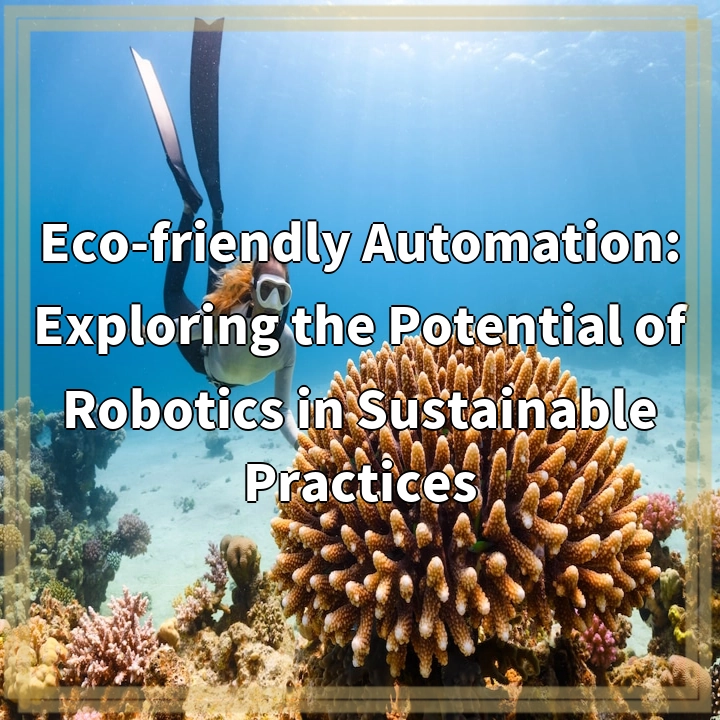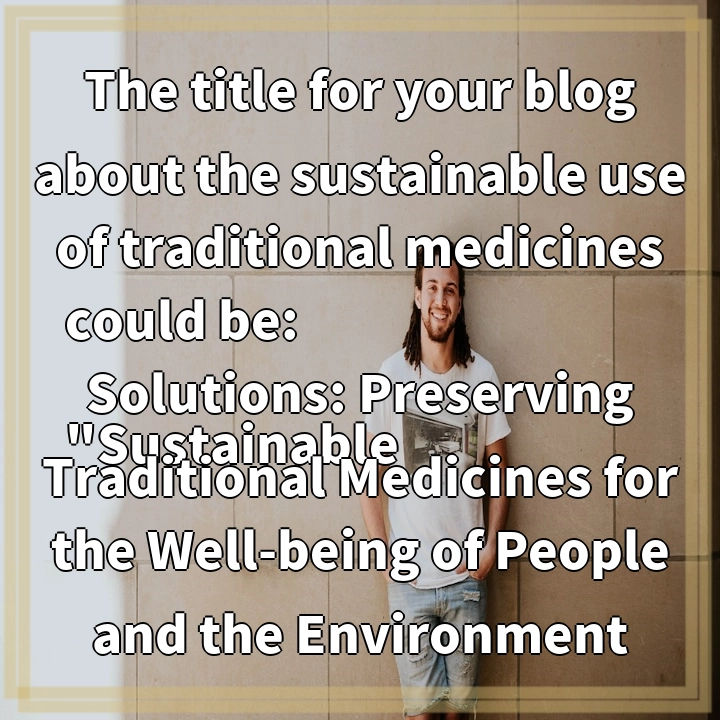
What is Biodiesel?
Biodiesel is a renewable and sustainable alternative fuel made from various organic sources, such as vegetable oils, animal fats, and recycled cooking grease. It is produced through a process called transesterification, where these feedstocks are chemically reacted with an alcohol, typically methanol or ethanol.
Real-World Problems Associated with Biodiesel
While biodiesel presents many environmental benefits and potential for reducing greenhouse gas emissions, there are also some challenges and real-world problems that need to be addressed:
1. Feedstock Sustainability:
The availability and sustainability of feedstocks for biodiesel production are crucial considerations. Currently, a significant portion of biodiesel is produced from crops such as soybeans and palm oil, which raises concerns about deforestation, land use change, and competition with food production. Balancing the demand for biodiesel feedstocks with the need to protect natural ecosystems and ensure food security is a complex challenge.
2. Lifecycle Assessment:
Assessing the overall sustainability of biodiesel requires considering its entire lifecycle, including feedstock cultivation, processing, transportation, and combustion. While biodiesel can have lower carbon emissions compared to fossil fuels, the production and distribution processes may still produce significant greenhouse gas emissions and other environmental impacts. Conducting comprehensive lifecycle assessments is essential to quantify the true environmental benefits of biodiesel and to identify areas for improvement.
3. Land and Water Use:
Expanding biodiesel production can lead to increased land and water use, which can impact natural ecosystems, biodiversity, and local communities. It is important to carefully manage land use to ensure that it does not result in deforestation, habitat destruction, or depletion of water resources. Policies and practices promoting responsible land and water management should be implemented to mitigate these risks.
4. Technological Advancements:
Biodiesel production methods and technologies are continually evolving, and there is still room for improvement. Research and development efforts are needed to enhance the efficiency and reduce the environmental footprint of biodiesel production processes. This includes exploring innovative feedstocks, improving conversion methods, and developing more sustainable cultivation practices.
5. Market Penetration and Infrastructure:
To realize the full potential of biodiesel as an alternative fuel, there is a need for increased market penetration and the development of appropriate infrastructure. This involves expanding the availability of biodiesel at fueling stations, retrofitting existing diesel engines to accommodate biodiesel, and establishing supply chains that can meet growing demand. Policy support and investment in infrastructure development can help overcome these challenges.
While biodiesel holds promise as a renewable fuel source, it is essential to address these real-world problems in order to fully realize its potential and ensure its long-term sustainability.

Solutions for a Sustainable Biodiesel Future
To overcome the real-world problems associated with biodiesel, several solutions can be implemented:
1. Sustainable Feedstocks:
Encouraging the use of sustainable feedstocks, such as algae, waste oils, and non-food crops, can help mitigate the negative environmental impacts of biodiesel production. Research and investment should focus on developing efficient and environmentally friendly cultivation methods for these feedstocks. Additionally, promoting the use of waste and recycled oils reduces the need for new agricultural land and helps decrease competition with food production.
2. Improved Lifecycle Assessments:
Continued efforts in conducting comprehensive lifecycle assessments will provide a more accurate understanding of the environmental impacts of biodiesel. This information can guide policymakers and industry stakeholders in making informed decisions and prioritizing areas for improvement. Collaboration between researchers, governments, and businesses is crucial to ensure robust and transparent assessment methodologies.
3. Sustainable Land and Water Management:
Implementing responsible land and water management practices is essential to prevent deforestation, habitat destruction, and water resource depletion. Collaborative efforts involving governments, farmers, and conservation organizations should focus on encouraging sustainable agricultural practices, protecting valuable ecosystems, and promoting water conservation measures. Certification schemes, such as the Roundtable on Sustainable Palm Oil (RSPO), can help ensure sustainable sourcing for biodiesel production.
4. Technological Innovations:
Investing in research and development of advanced biodiesel production technologies can lead to more efficient processes with reduced environmental impacts. This includes exploring new catalysts, improving conversion methods, and optimizing energy use. Collaboration between academia, industry, and government entities can accelerate technological advancements and help overcome barriers to large-scale adoption.
5. Policy Support and Infrastructure Development:
Government support and policy frameworks can play a vital role in promoting the expansion of biodiesel markets and fostering sustainable practices. This includes providing incentives for biodiesel producers, establishing rigorous environmental standards, investing in infrastructure development, and supporting research and development initiatives. Partnership between public and private sectors is crucial in achieving these goals and ensuring a smooth transition to a more sustainable biodiesel future.
By implementing these solutions, biodiesel can shift towards a more sustainable future, reducing reliance on fossil fuels and contributing to global efforts in mitigating climate change and preserving the environment.















